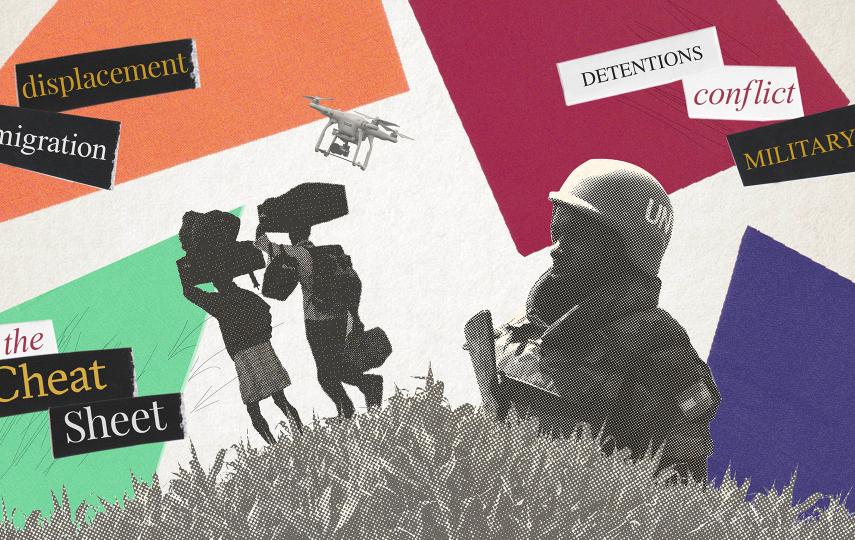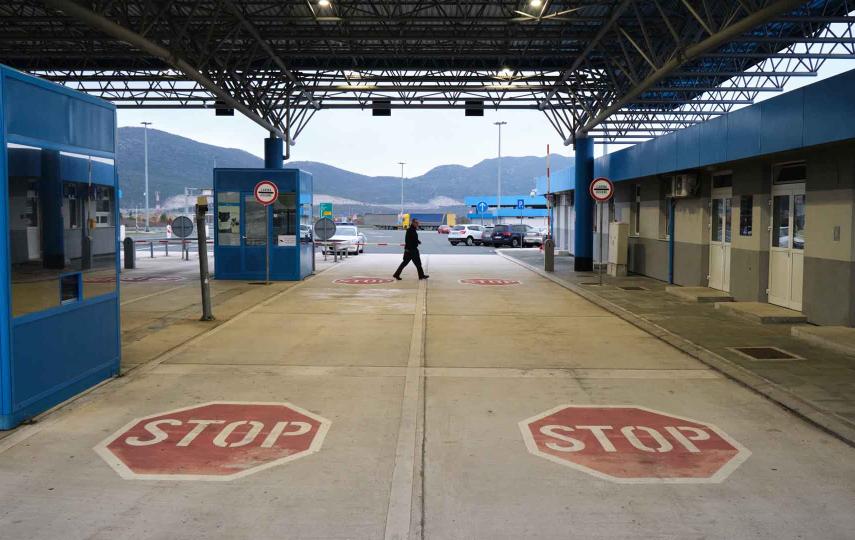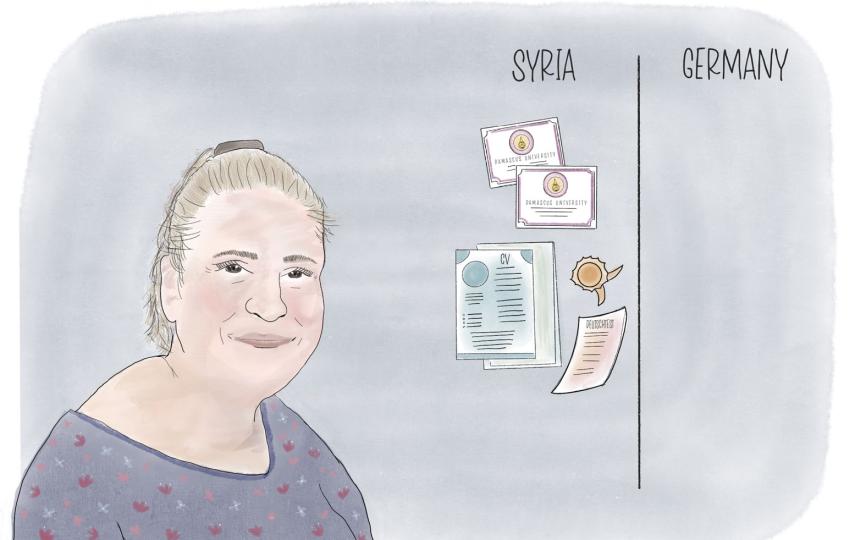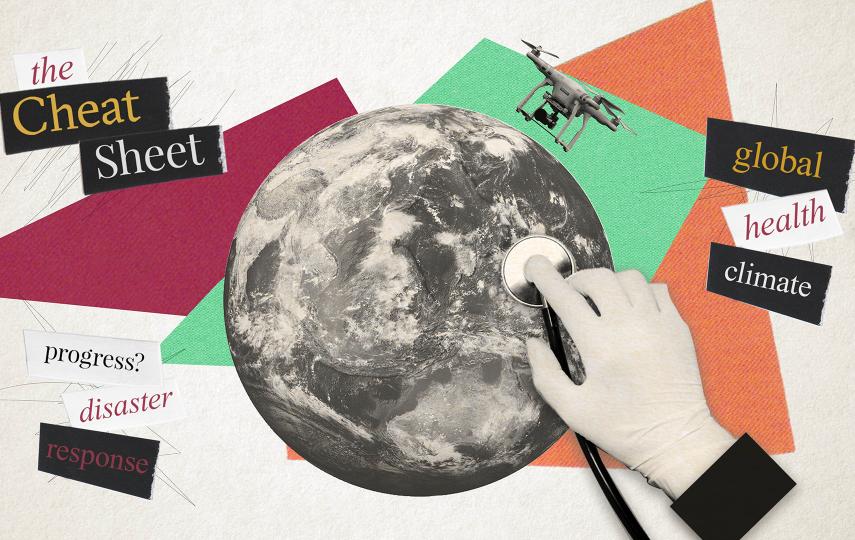Returning asylum seekers to the United States under a “safe third-country” agreement violates human rights protections contained in Canada’s constitution, according to a 22 July ruling by Canada’s Federal Court.
The ruling found that the United States is no longer a safe third-country because US authorities “immediately and automatically” imprison returned asylum seekers. People returned under the agreement face “cruel and unusual detention conditions, solitary confinement, and the risk of refoulement… [which are] ‘entirely outside the norms accepted in our free and democratic society’,” according to the decision by Justice Ann Marie McDonald.
The evidence presented in the case, brought by a coalition of human rights groups and individual litigants, was “sufficient to ‘shock the conscience’,” the ruling added.
“The Canadian court ruling is a strong condemnation of US asylum and detention policies,” Human Rights First, a US NGO that provided expert testimony in the case, said in a press release. “The ruling confirms that these policies are inconsistent with the Refugee Convention and the norms of free and democratic societies.”
The Canada-United States Safe Third Country Agreement came into effect in 2004 with the intended goal of sharing responsibility for the consideration of refugee claims between the two countries. According to the agreement, asylum seekers have to submit their claim in the first country they arrive in, meaning that people who try to claim asylum at official border crossing along the US-Canada border are turned back.
Since the administration of US President Donald Trump took office in 2017, around 58,000 people have entered Canada from the United States through unofficial border crossings to circumvent the agreement and claim asylum.
The Trump administration has implemented a slew of policies aimed at restricting access to asylum and eroding protections for asylum seekers. During the coronavirus pandemic, it has used the virus as an excuse to effectively end access to asylum at the US-Mexico border while deporting tens of thousands of people – including COVID-19-positive individuals – to Latin American and Carribean countries.
The Canadian government, under Prime Minister Justin Trudeau, has also faced criticism for restricting access to asylum during the pandemic.
The Canadian court decision will come into effect after* six months, giving the federal government time to respond, and could face appeals.
– Eric Reidy
(*An earlier version of this article incorrectly stated that the court decision would come into effect for six months. The story was updated on 24 July 2020 to say the court decision would come into effect after six months.)



